Major Italian Mafia Trial Opens With Hundreds Of Accused
Hundreds of alleged mobsters faced a judge in Italy on Wednesday as the largest mafia trial in more than 30 years kicked off in a specially converted courtroom in the heartland of the notorious 'Ndrangheta crime syndicate.
More than 350 suspected members of the group and the politicians, lawyers, businessmen and others accused of enabling them face a long trial in the southern Calabrian town of Lamezia Terme.
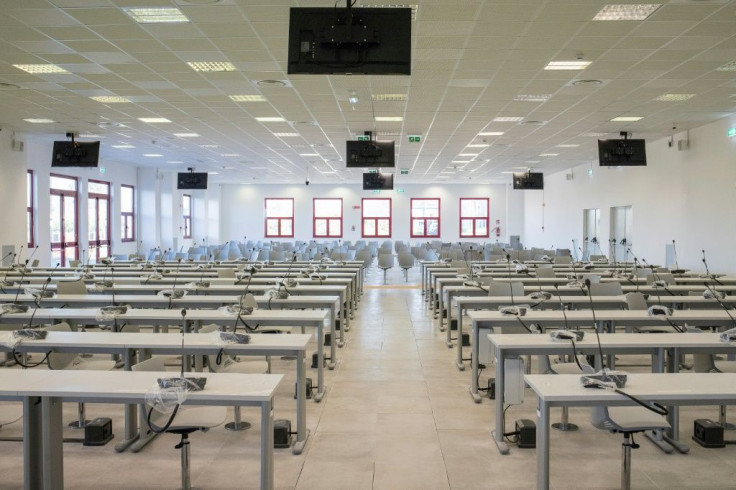
They are accused of a web of crimes dating back to the 1990s, including murder, drug trafficking, extortion, money laundering and abuse of office.
Anti-mob prosecutor Nicola Gratteri told reporters outside court that the trial would reveal "what the Calabrian mafia is today -- no longer a mafia of shepherds dedicated to kidnapping, but a major criminal corporation".
Despite its symbolic importance, the opening day was largely procedural, with Judge Tiziana Macri reading out the names of the defendants. None attended in person but about 50 participated via video conference, displayed on television screens fitted above rows of desks.
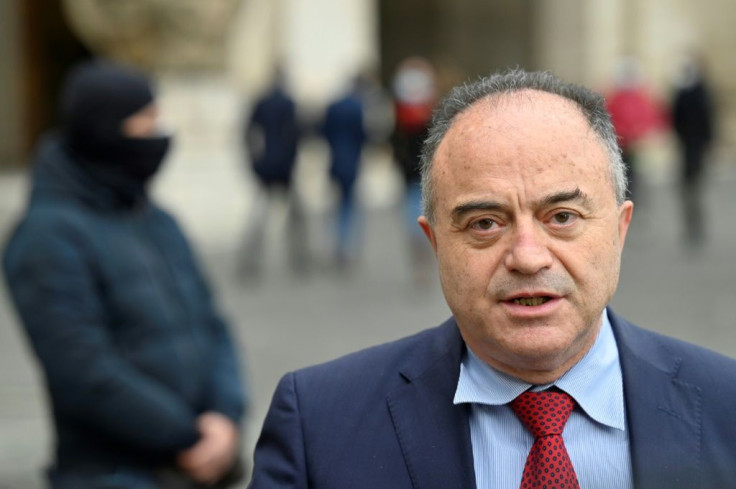
In Italy, so-called "maxi-trials," which include scores of defendants and countless charges, are seen as the best judicial resource against the country's various organised crime groups.
The 'Ndrangheta, based in Calabria, is now considered the most powerful, controlling the bulk of cocaine flowing into Europe.
The most famous "maxi-trial" of 1986-7 dealt a major blow to Sicily's Cosa Nostra, resulting in 338 guilty verdicts, but prosecutors Giovanni Falcone and Paolo Borsellino were later assassinated.
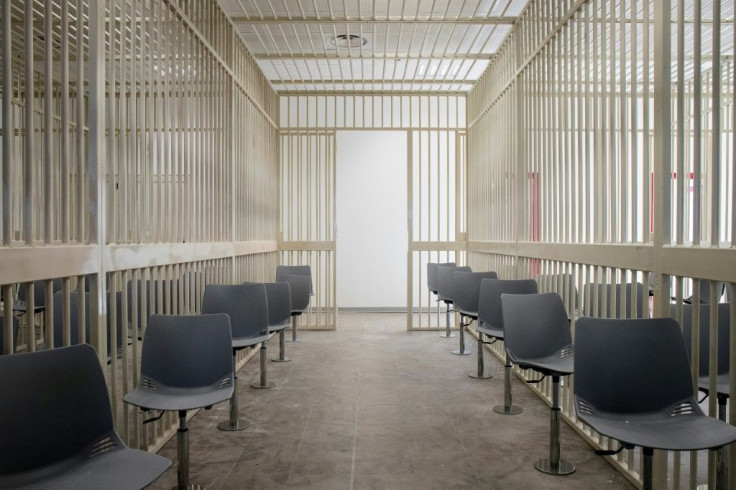
The current trial, expected to last at least a year and likely longer, features more than 900 prosecution witnesses and an unprecedented number of collaborators despite the close family ties within the 'Ndrangheta that discourage turncoats.
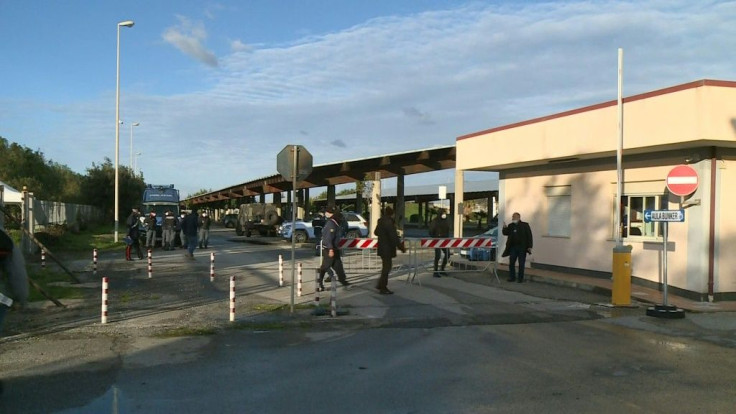
The vastness of the gleaming white courtroom -- a former call centre -- the disembodied voices transmitted from prisons throughout the country, and the judges and hundreds of attorneys in the chamber speaking through masks all contributed to a surreal scene.
On the television screens, the patchwork of images from small rooms within prisons showed the defendants, all of them male, either sitting in small groups or alone, accompanied by penitentiary officials, who confirmed their presence to the court.
Some were young, slouching in track suits on plastic chairs, while others exhibited middle-age paunch and grey hair. Many defendants did not appear, with some said to be in isolation for coronavirus-related reasons.
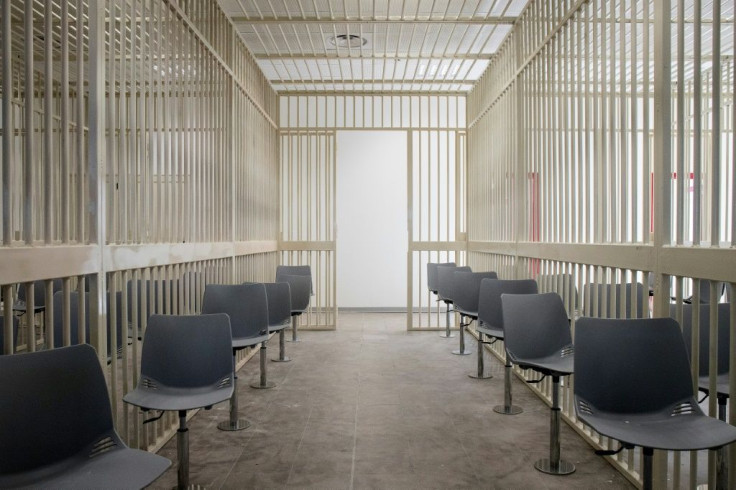
The 'Ndrangheta has expanded well beyond its traditional domains of drug trafficking and loan sharking, now using shell companies and frontmen to reinvest illegal gains in the legitimate economy.
In many parts of Calabria, it has infiltrated practically all areas of public life, from city hall and hospitals to the courts, experts say.
Authorities believe there are some 150 'Ndrangheta families in Calabria and at least 6,000 members and affiliates in the region. That swells to thousands worldwide, although estimates are unreliable.
The organised crime group generates more than 50 billion euros ($61 billion) per year, according to Gratteri, who called it the world's richest such organisation.
In an interview with AFP before the trial opened, the prosecutor described the 'Ndrangheta as a network of families, each of which wield power over subordinates.
"I have to start with the idea that there's an organisation, as in a business, as in a large multinational, with a boss and then down, like a pyramid, to all the other members," he said, explaining the need for the "maxi-trial".
The current trial focuses on one family, the Mancuso group, and its network of associates who control the Vibo Valentia area of Calabria.
The town of Lamezia Terme, where the trial is taking place, was cited in a 2008 parliamentary organised crime report as a public safety emergency zone where the region's "greatest increase in serious bloodshed has been recorded".
Defendants include a high number of non-clan members, including an ex-parliamentarian, a high-ranking police official, mayors and other public servants and businessmen, whom Gratteri has said were "literally at (the) disposal" of the Mancusos.
Criminologist Federico Varese of Oxford University said the trial reflects the 'Ndrangheta's wide reach, embedded in the community and involved in every activity both legal and illicit.
"If you want to open a shop, if you want to build anything, you have to go through them. They are the authority."
© Copyright AFP 2024. All rights reserved.




















